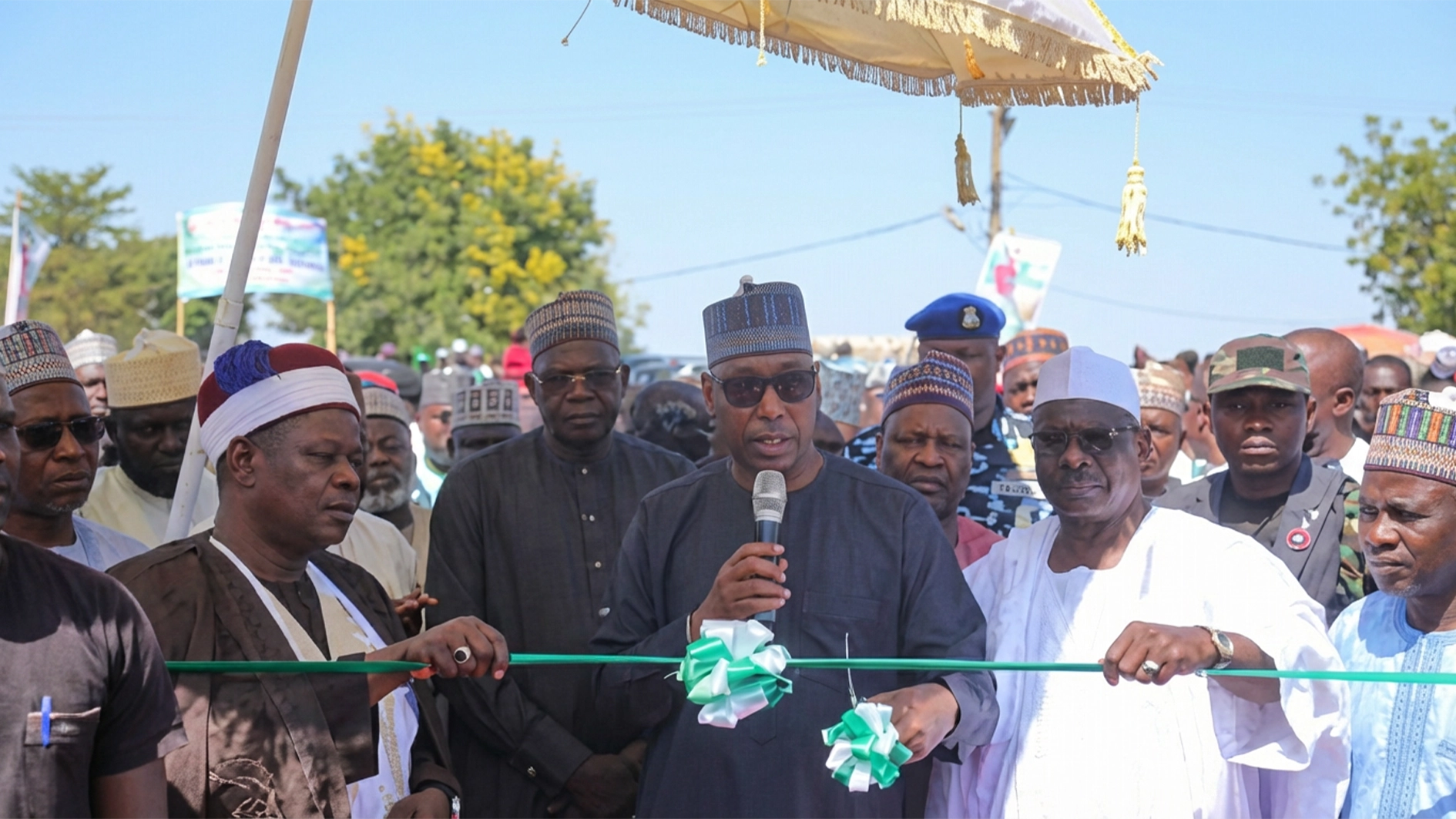A Professor of Science and Technology Education at the National Open University of Nigeria (NOUN), Chibuogwu Virginia Nnaka, has emphasised that professional teacher education is central to dismantling systemic gender barriers in Science, Technology, Engineering, and Mathematics (STEM) education and careers.
Professor Nnaka, a renowned advocate for gender equity in science and technology, made the assertion while delivering the university’s 34th Inaugural Lecture, titled “Professional Teacher Education: A Catalyst for Widening the Gateway to Gender Equity in STEM Education and Careers”. The lecture took place at NOUN’s headquarters in Abuja.
Addressing a gathering of academics, policymakers, and stakeholders in education, Nnaka argued that achieving gender equity in STEM must be the result of deliberate, strategic, and policy-driven interventions, rather than mere coincidence.
“Teacher education is the bedrock of equitable STEM learning,” she said. “Teachers are often the first point of contact learners have with STEM. They must be professionally trained to challenge cultural biases, dismantle stereotypes, and mentor girls through their academic journey.”
She stressed that teachers play a dual role — they can either reinforce inequality or become agents of inclusion — depending on how they are trained. Nnaka described STEM not just as an academic pursuit but as a critical driver of innovation, industrialisation, and national development.
Expressing concern over the persistent underrepresentation of women and girls in STEM fields, she cited it as a significant developmental challenge for Nigeria.
According to global statistics, fewer than 30 percent of researchers worldwide are women. In Nigeria, only about 17 percent of students enrolled in tertiary STEM programmes are female.
She attributed this disparity to persistent cultural norms, gender stereotypes, inadequate mentorship, and male-biased curricular content, all of which create formidable barriers to girls’ participation in STEM.
“When women are missing in STEM, half the population’s potential is lost. Innovation becomes stunted, and national development suffers,” she warned.
Drawing from over four decades of academic research, administrative experience, and grassroots interventions, Professor Nnaka presented empirical evidence to support her position.
She highlighted findings from studies that demonstrate how Open and Distance Learning (ODL) expands access for marginalized and female learners in remote areas.
She also referenced curriculum reforms that promote gender-sensitive pedagogy and mentorship models that improve STEM performance and retention among girls—especially when supported by trained female educators.
In his opening remarks, the Vice-Chancellor of NOUN, Professor Olufemi Peters, commended Professor Nnaka’s dedication to education and her commitment to inclusive policies and excellence in teaching.
Represented by the Deputy Vice-Chancellor (Technology, Innovation and Research), Professor Godwin Akper, the Vice-Chancellor noted that the lecture was not just an academic exercise but a critical reflection of societal progress and a call to action.
“This inaugural lecture is not just another academic engagement,” he said. “It is a reflection of where we are as a society and where we must go if we are to break the chains of inequality and empower the next generation.”






